Discover why this urgent, time-sensitive, and game-changing Fellowship is an opportunity of a lifetime for mid-career professionals from developing States passionate about advancing ocean governance. The United Nations–Nippon Foundation Fellowship is a fully funded, 9-month global immersion divided into two dynamic phases: Phase One at the UN Headquarters in New York (March–June 2026) and Phase Two at a host research institution (July–December 2026). It empowers professionals working in maritime law, coastal management, fisheries, marine science, or maritime policy implementation with elite capacity building, international networking, and research-based learning.
This authoritative, transformational programme blends legal frameworks, policy analysis, science-policy translation, and institutional learning, preparing fellows to fast-track leadership in SDG 14 implementation, UNCLOS compliance, marine spatial planning, or fisheries governance. Participants receive zero-cost, full financial coverage: return travel, visa fees, monthly stipend, health insurance, accommodation, and research support. Fellows engage directly with UN experts, global peers, and institutional mentors to gain hands-on experience and produce actionable research aligned to their home-country priorities.
📌 Read More
Past alumni have spearheaded national marine policy reforms, maritime boundary negotiations, and ecosystem conservation initiatives, setting a precedent of proven impact. As the final call approaches, with application fees waived and the deadline falling on 14 September 2025, this is your last chance—act fast, apply now, and secure your chance to join a powerful global cohort dedicated to shaping the future of ocean affairs.
This transformational, expert-backed Fellowship equips motivated mid-career professionals with unique institutional access and hands-on policy immersion across global and national arenas of ocean governance.
Fellows receive intensive training, led by senior UN DOALOS staff, focused on UNCLOS interpretation, maritime jurisdiction, dispute settlement procedures, marine environmental law, sustainable fisheries management, ocean science, and coastal zone policy. Through real-world case studies, expert-led seminars, legal drafting guidance, and peer exchange, fellows build durable analytical frameworks transferable to home governance challenges.
Fellows apply knowledge to country-specific research projects with policy implications—ideal for addressing national marine issues through science-policy integration, legal toolkit development, or proposed management frameworks. Host institutions (e.g., marine science institutes, universities, or legal centres) offer individualized mentorship, access to data, and peer collaboration.
You become part of a select global cohort (typically 12–14 members) representing diverse regions. Together, fellows forge lasting networks within the UN system, research hubs, and ocean governance communities—critical for cross-border collaboration and joint initiatives.
📰 Similar Posts
Alumni have led national-level reforms, maritime negotiations, new fisheries regulations, marine protected area frameworks, and coastal resilience plans. The Fellowship lends legitimacy to fellows’ work and amplifies their professional visibility.
With all costs covered, the Fellowship removes financial barriers and prioritizes capacity building. This ensures participants can fully engage in both phases, dedicated to upskilling and generating impact.
This is not just a programme—it’s a catalyst for national transformation in ocean governance. Time is short—act fast, grab your copy of the application forms, and register today. Applications submitted before the deadline have the best chance of success.
Name of organizer
United Nations Division for Ocean Affairs and the Law of the Sea (DOALOS), Office of Legal Affairs, in partnership with The Nippon Foundation
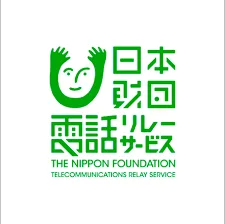
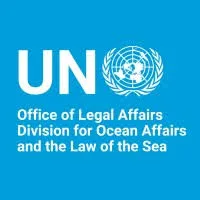
Requirement/Eligibility
1. Applicant must be aged between 25–45 years at time of application.
2. Must hold a first-level university degree (BA/BSc or equivalent).
3. Must demonstrate capacity for advanced academic research and independent study.
4. Must be a national of a developing State, as defined by UN categories.
5. Applicant must be a mid-level government official, policy-maker, or professional working in areas such as maritime boundary delimitation, coastal management, fishery regulation, marine conservation, shipping policy, or marine sciences.
6. Must have relevant responsibility or demonstrated interest in SDG 14 implementation.
7. Must be able to fully commit to the 9-month Fellowship and release from other duties.
8. Application must include a completed Application Form, Nomination & Recommendation Form, and copy of passport biodata page; must include employer’s letter endorsing the applicant.
9. Applicant must propose a research or policy project aligned to national marine priorities and feasible within the two-phase training structure.
10. Must be available to attend both Phase One at UN in NY and Phase Two at host institution and engage fully in both.
Duration/Stipend
9-month immersive Fellowship (March–December 2026), delivered in two phases:
Phase One (3 months): In-person at UN Headquarters, New York, for structured training in international maritime law, policy, and institutional capacity.
Phase Two (6 months): In-person at a pre-approved research host institution where fellows conduct academic or applied research aligned with Phase One learning and home-country marine objectives.
Fully funded with zero cost to participants—includes return airfare, visa processing, accommodation, a generous monthly stipend, comprehensive health insurance, local transportation, $100/month research allowance, and access to UN and host institution facilities and mentorship.
The structure ensures career-defining experiences in policy, law, scientific collaboration, and leadership skills for ocean governance across sectors.
Deadline
14 September 2025
Apply Now
ocean affairs, maritime law, UN fellowship, SDG 14, developing states, marine governance, capacity building, Nippon Foundation, policy training, sustainable seas
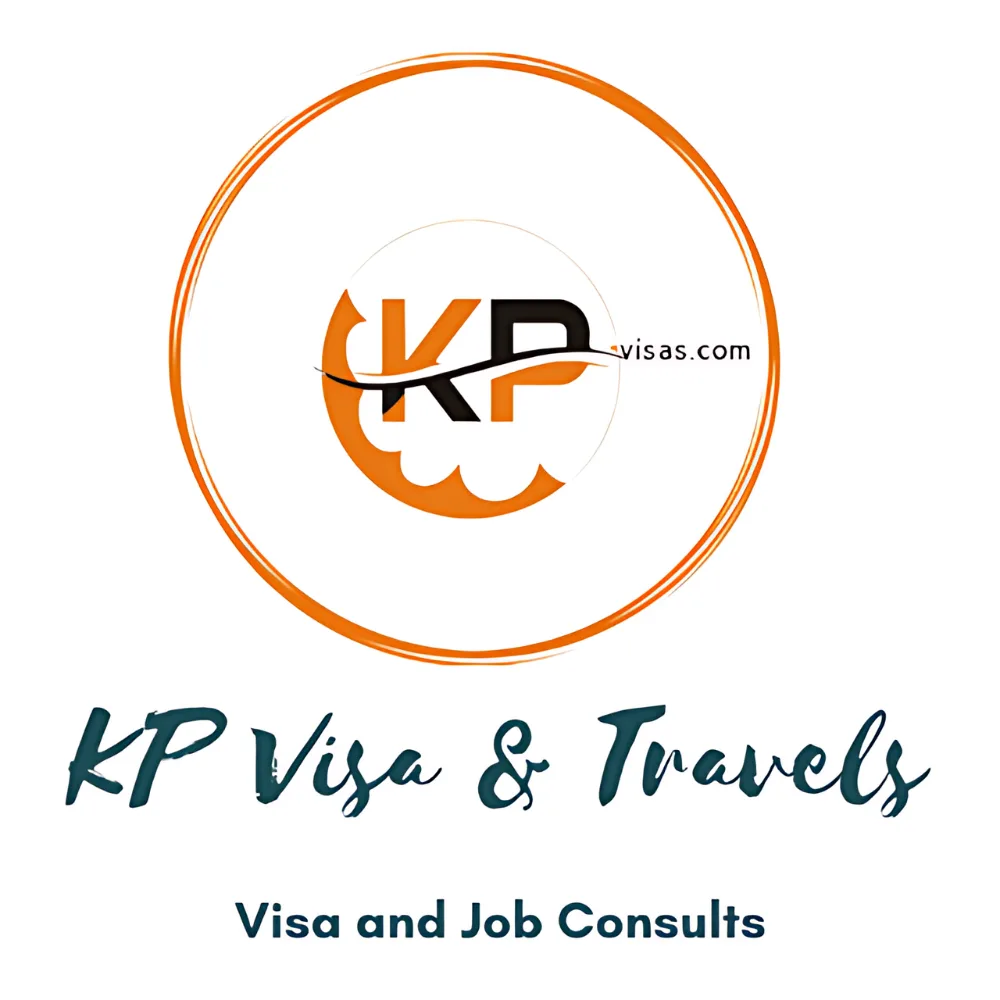


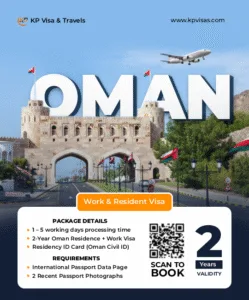
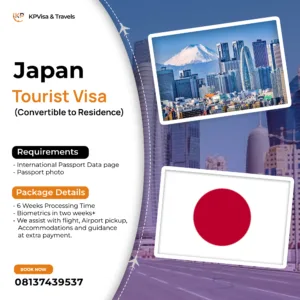


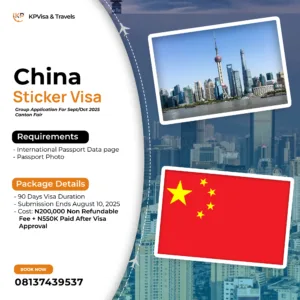
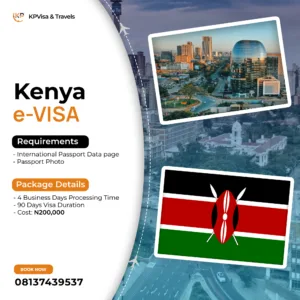
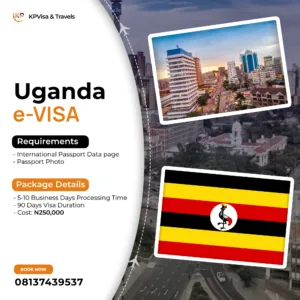
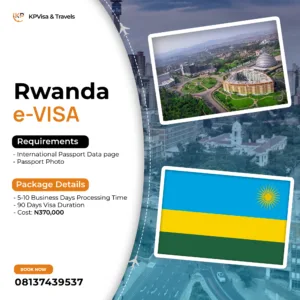

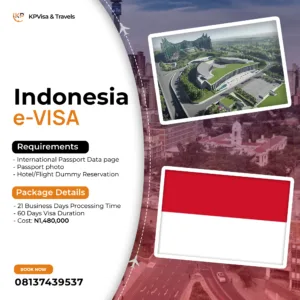

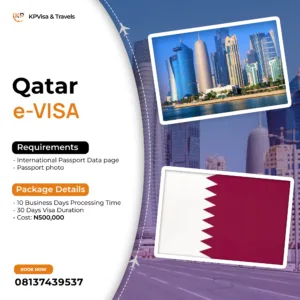






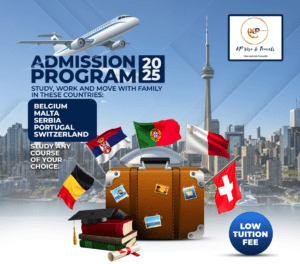





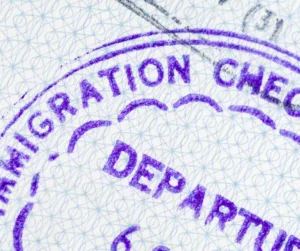


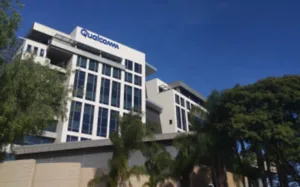
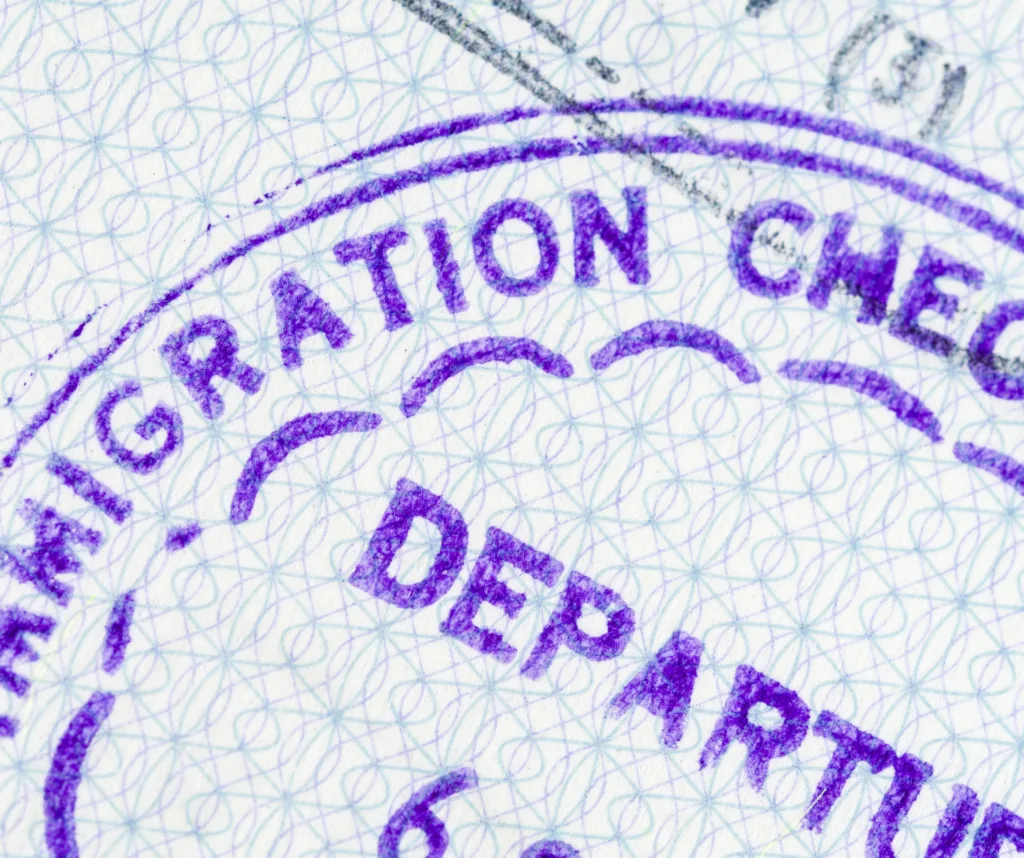

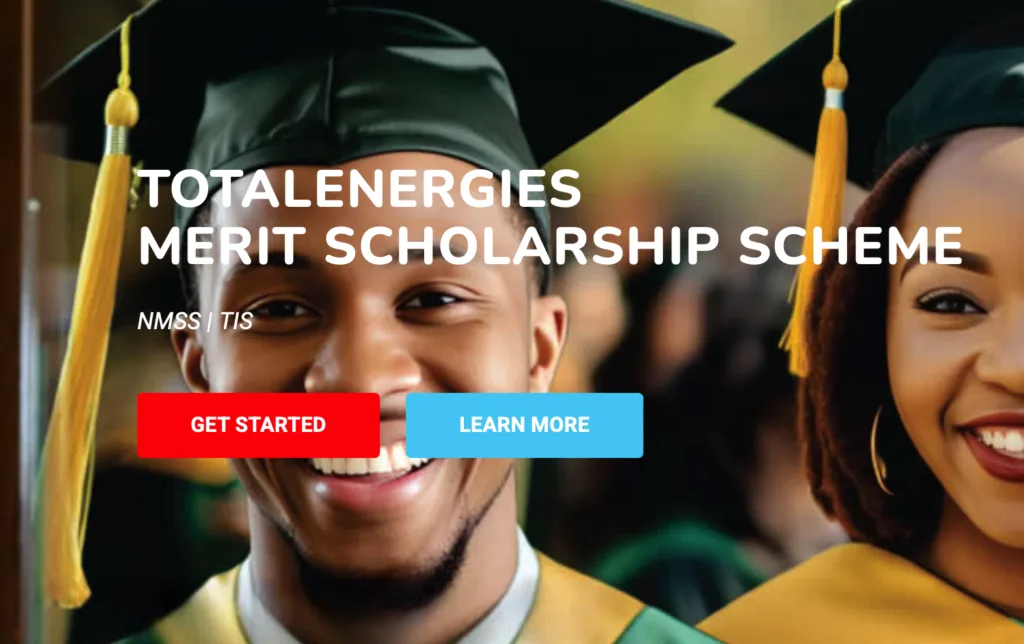
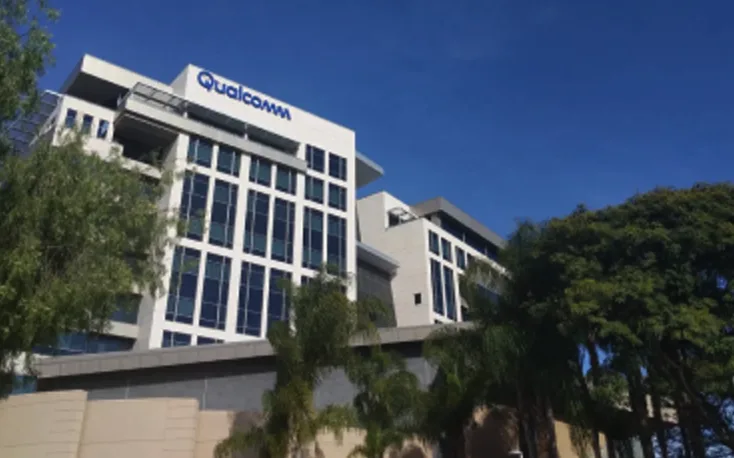
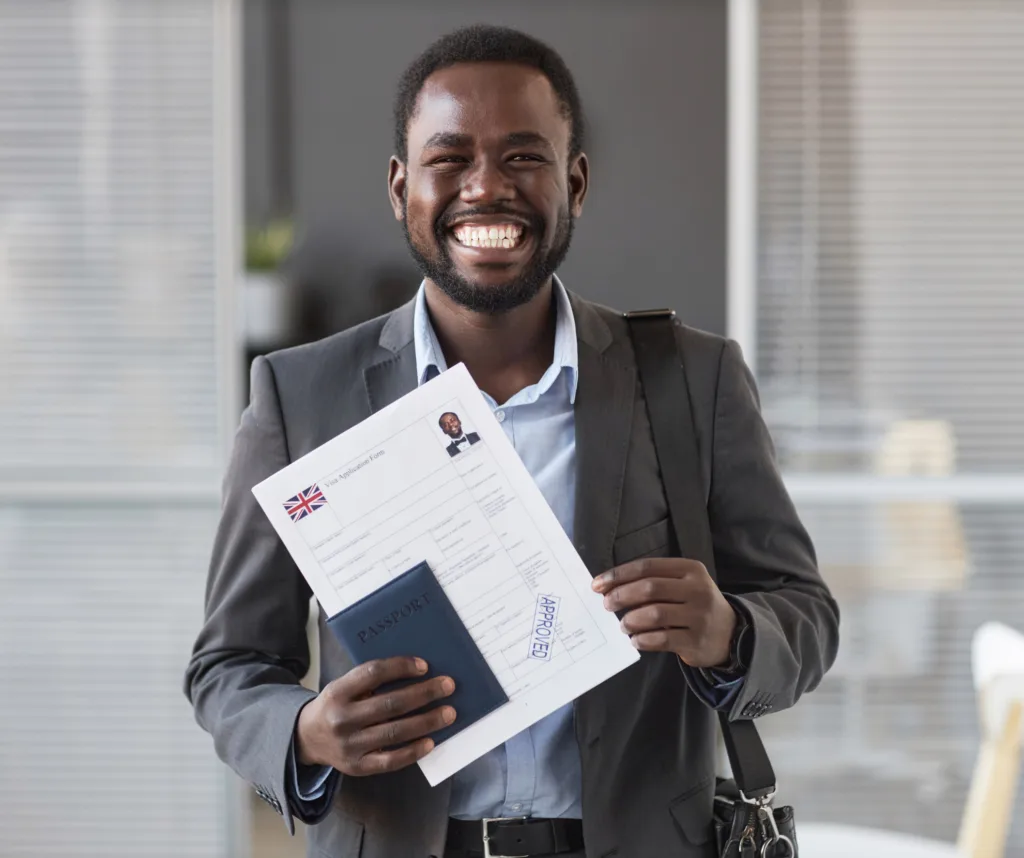

No responses yet